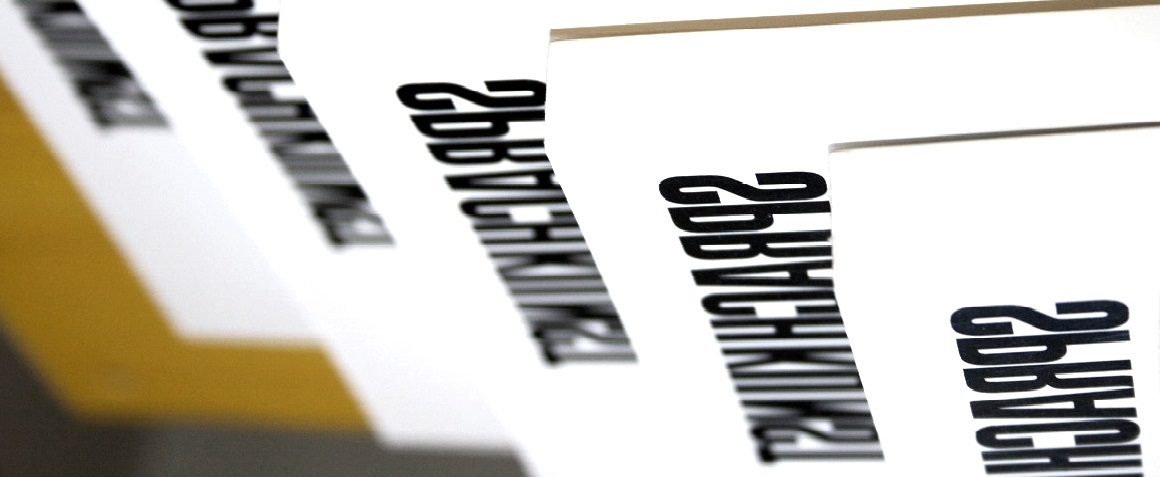ANDREAS MAHLER (Berlin): Illusion / Immersion. Dynamiken der Wirklichkeitssubstitution (am Beispiel des retablo im ›Quijote‹) doi: 10.1553/spk50_2s169
‚Illusion‘ und ‚Immersion‘ lassen sich fassen als Rezeptionsphänomene distanzbewusst spieleri- scher bzw. fälschlich ernsthafter Wirklichkeitssubstitution. In lebensweltlichen Kontexten vertauscht die Ersetzung Realität und Fiktion, in literarischen Zusammenhängen stellt sie die Vertauschung innerhalb der Fiktion selbst dar. Auf Basis der Hypothese grundständiger deik- tischer Doppelung von Rede entwickelt der Aufsatz eine am Gegensatz von referentieller Ver- eindeutigungsmöglichkeit und ambigem Offenhalten ausgerichtete vierstellige Matrix des Fingierens und demonstriert am Beispiel einer erlebten Anekdote wie des berühmten Puppen- spiels in Cervantes’ ›Don Quijote‹ deren Einsatz und Funktion in Fällen lebensweltlich realer wie fiktional dargestellter Immersion.
Both ‘illusion’ and ‘immersion’ can be seen as phenomena which substitute one reality for another, either in the form of a game of make-believe or in the form of blandly (and naïvely) mistaking the one for the other. In everyday situations, this act of substitution concerns reality and fiction, whereas in literature, it involves the fictitious world and a second world-within-this- world. Assuming that all discourse is based on a double deictic navigation in the sense that it superimposes an internal given (the intratextual constellation of the deictics) and an external option (their potential extratextual reference), the article develops a matrix of four types of overlay oscillating between ambiguous openness on the one hand and seemingly unambiguous closure on the other before, with reference to a life-like anecdote as well as to the famous puppet- play in Cervantes’ ›Don Quixote‹, it goes on to demonstrate the operation of this matrix in cases of both ‘real’ and ‘fictionalized’ immersion respectively.


